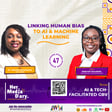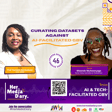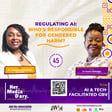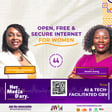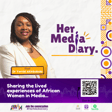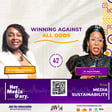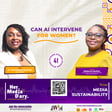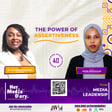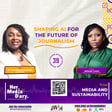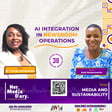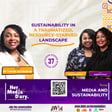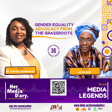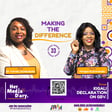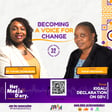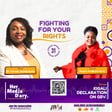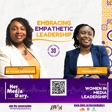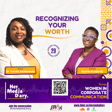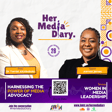
Her Media Diary Episode 27: “Finding Your Voice Amidst Chaos” with Rosebell Kagumire
Rosebell Kagumire is a trained journalist, rights advocate, digital strategist, public speaker and award-winning blogger, with expertise in human rights, gender, peace and conflict issues.
In this episode, Rosebell recounts the challenges and dangers she faced as a young female journalist reporting from the front lines in South Sudan. These experiences exposed her to the harsh realities of war and the unique struggles faced by women in conflict situations and ignited her passion for advocating for women's rights and African feminism.
Subscribe to Her Media Diary now on your favourite podcasting platform https://linktr.ee/hermediadiary
Learn about African Women in Media at https://africanwomeninmedia.com
List of Organisations/Resources to Support Journalists
Holistic Resilience: Psychological care for journalists
Peace and Conflict Reporting Training
